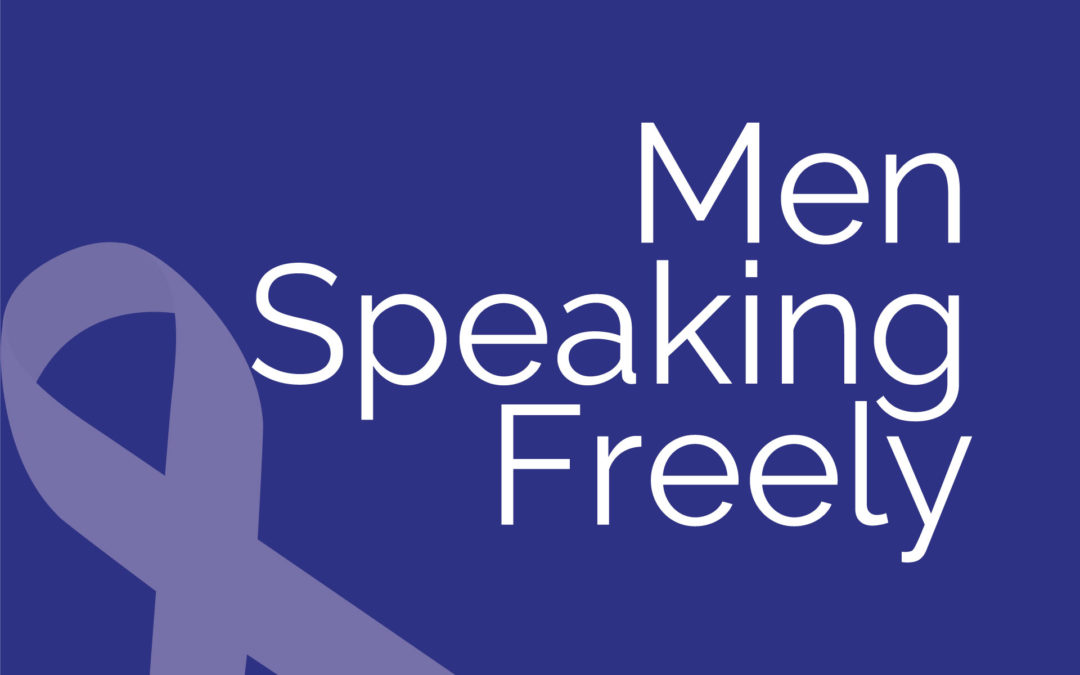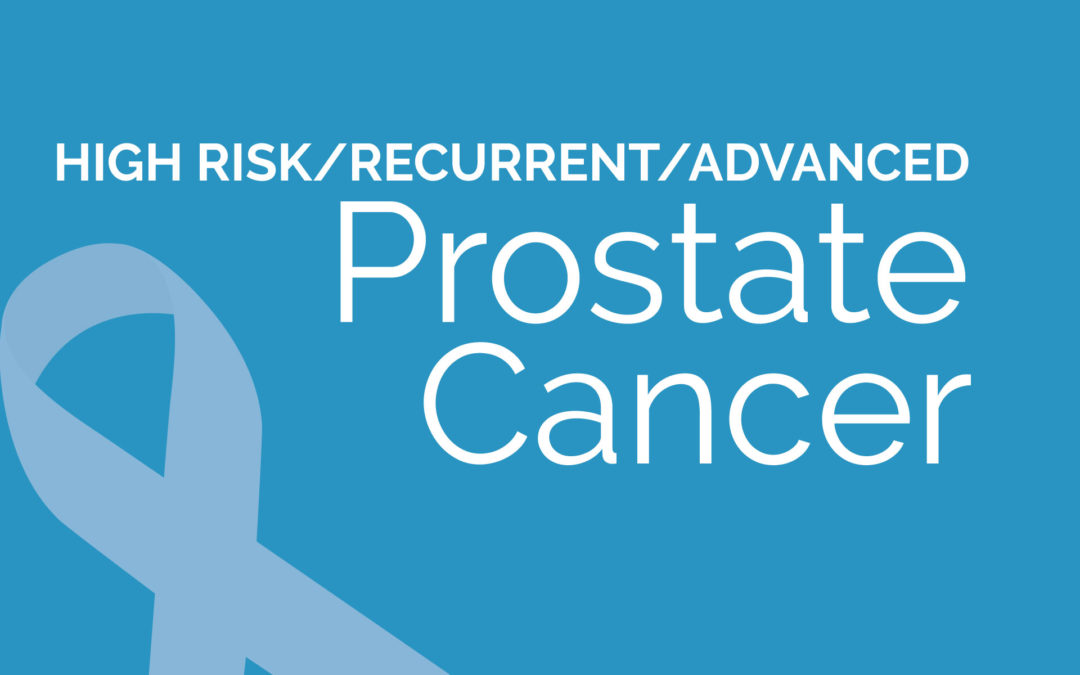
Physician conflict may not always best serve the patient
Editor’s Note: Some of our AnCan prostate cancer community have alrady seen this message, but we felt it was important enough to broad- rather than just narrowcast!
AnCan has recently noted a couple of examples where involving more rather than fewer doctors can be benifit the patient. However, doctors, advocates and others may disagree. Since AnCan believes that YOU, the patient, are your best advocate, we’ll leave it to you to decide.
The first example involves palliative care …. and NO, palliative care is NOT hospice. Listen to this 2′ video from Dr. Elizabeth Loggers at Seattle Cancer Care Alliance, one of the best cancer treatment facilities in the country …. she explains it much better than we ever could! Nonetheless, there is a reluctance by some medical oncologists to involve the palliative care service for their patients … even at a late stage. While some med oncs welcome the involvement of palliative care, others see them as meddling. We have seen examples to support this with different cancers and in different NCCN institutions, including those with the best palliative care services in the USA.
This concerns us greatly, because while the med oncs have expertise in addressing your cancer, they may not be experts in, and on top of, all the developments in pain and side effect management – like nausea, fatigue and more. And that’s why in some hospitals, Palliative Care is called ‘Symptom Management’ – for example Seattle Cancer Care and UCSF. It is not just a euphemism to dispel the association with hospice; it truly describes what the palliative specialty does. Some palliative websites boldy invite all cancer patients, no matter the stage, to consult with them! A further benefit to adding a palliative care doc to your team is the value of having a readily available quick and dirty second opinion on treatments your med onc prescribes. Perhaps this is the source of concern for your medical oncologist, but frankly they need to get over it and work collaboratively with your paliiative care doctor.
Those who follow AnCan well know AnCan pushes involving a palliative physician early in the treatment path for a multiple of reasons. And we proudly boast having one of the best palliative care doctors in America on our Advisory Board, Dr. B.J. Miller. For most NCCN/NCI institutions you do not need a referral – just make your own appointment. First try your quarterback doctor, but if they seem reluctant then advocate for yourself, force the issue and go direct.
The second example this week may apply more to prostate cancer than other oncological disorders, although maybe not! In most cases the diagnosis of cancer immediately involves a medical oncologist. For a few cancers, like prostate, a GU med onc (genitourinary medical oncologist for those unfamiliar with the vernacular!) may not get involved until the disease has clearly metastasized; we see that as a mistake that does not serve the patient’s best interest. AnCan believes a GU med onc, and in fact any specialty med onc, should be included as soon as the treatment plan includes a systemic protocol. And why – because surgeons and radiation oncologistst are not trained in internal medicine and systemic treatment – that is to say any treatment that impacts the whole body like chemo- or hormone therapy. That requires expert knowledge of internal medicine. Whle some may argue that med oncs only muddy the waters early in treatment, we disagree.



